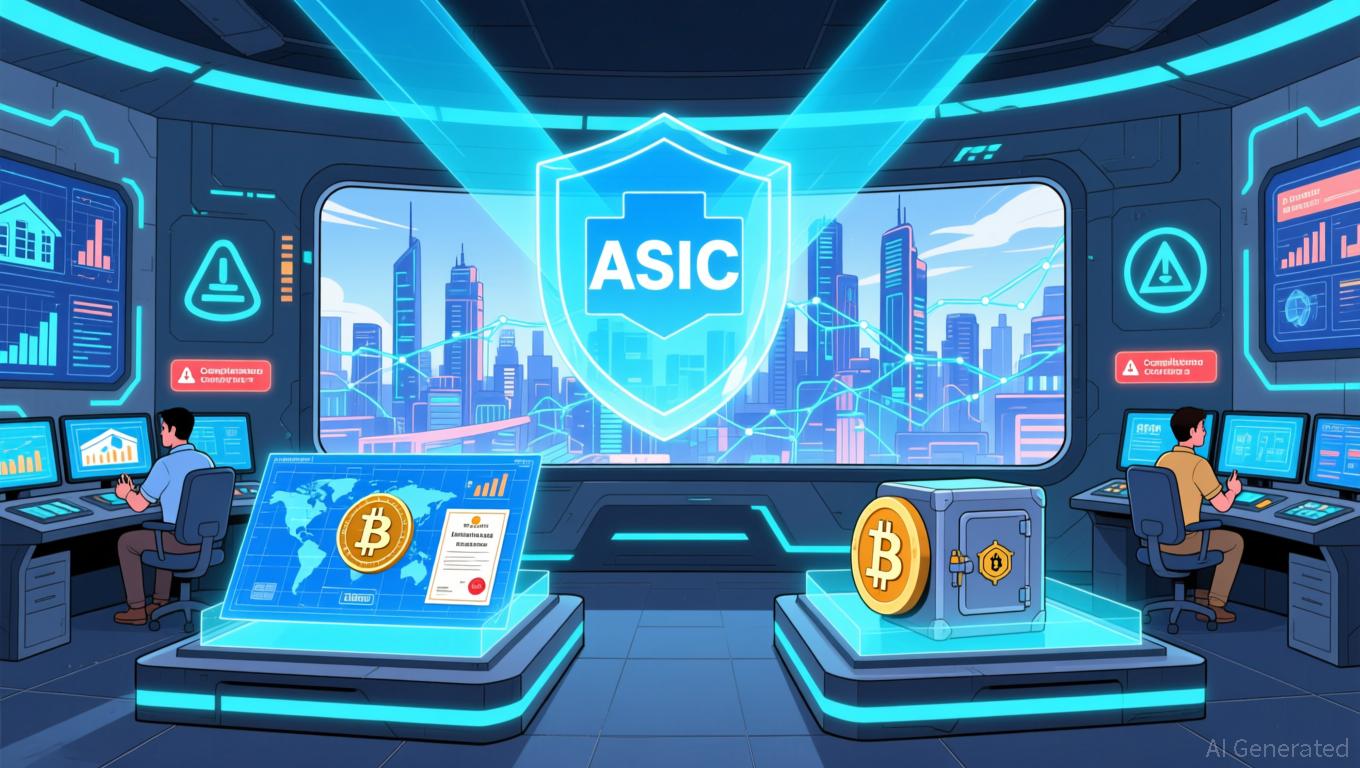The Growing Convergence of Legal Studies and Social Impact Investment
- Berkeley Law's PISP offers full-tuition scholarships to JD students pursuing public interest careers, reducing debt barriers for social justice work. - Graduates earn median $72,000 salaries but maintain debt-free careers in criminal justice reform, reproductive rights, and corporate accountability. - The program creates long-term societal impact through sustained public service, aligning with social impact investing principles prioritizing systemic change over short-term profits. - By embedding scholars
Financial Returns: Purpose Over Profit
Berkeley Law’s PISP covers all tuition and fees for J.D. students who are dedicated to public interest law, removing the economic obstacles that often prevent graduates from accepting lower-paying jobs in advocacy and social justice. For the 2024 graduating class,

Recent graduate data shows a steady pattern:
Societal Impact: Valuing the Intangible
The broader community benefits of PISP are difficult to measure but are nonetheless profound. Graduates are active in essential sectors such as criminal justice reform, reproductive rights, and corporate oversight—fields where legal skills can drive meaningful change.
Although there is limited long-term data on outcomes five to ten years after graduation, the program’s structure is designed to cultivate a steady stream of lawyers committed to public service.
The Investment Perspective: Weighing Risks and Rewards
For those considering investment, PISP represents a blended model: it reduces personal financial risk for students while delivering value to society. Some may contend that public interest law lacks the growth potential of commercial enterprises, but
Additionally,
Conclusion: A Model for Tomorrow
Berkeley Law’s Public Interest Scholars Program questions the traditional ways of measuring educational return on investment. While its alumni may not reach the financial peaks of their counterparts in corporate law, their work addresses urgent societal needs. For investors, this marks a transition from seeking immediate financial returns to fostering lasting change—a model where the greatest value is found in the widespread effects of empowered legal professionals. As social impact investing continues to evolve, initiatives like PISP will become reference points for how education can drive progress toward fairness and justice.
[2] Employment Statistics [https://www.law.berkeley.edu/careers/employment-outcomes/employment-statistics/]
[3] Public Interest Scholars [https://www.law.berkeley.edu/spotlight/public-interest-scholars/]
[4] Updated study ranks Berkeley Law sixth in scholarly impact [https://www.law.berkeley.edu/article/scholarly-impact-rankings-2021-erwin-chemerinsky-faculty/]
[7] Long-run outcomes for UC Berkeley alumni [https://www.universityofcalifornia.edu/about-us/information-center/long-run-outcomes-uc-berkeley-alumni]
[10] Impressive Influx: Public Interest Scholars Program [https://www.law.berkeley.edu/article/public-interest-scholars-program-welcomes-11-new-standouts/]
Disclaimer: The content of this article solely reflects the author's opinion and does not represent the platform in any capacity. This article is not intended to serve as a reference for making investment decisions.
You may also like
Ethereum News Today: Ethereum's 60 Million Gas Spike: Major Milestone or Foreshadowing $80,000?
- Ethereum’s gas limit hits 60M, supported by 513K+ validators, boosting scalability ahead of Fusaka. - Vitalik Buterin highlights targeted gas cost hikes for inefficient operations to incentivize smart contract optimization. - zkSync’s Airbender innovation enables faster proof generation, paving the way for future gas limit expansions. - Fusaka upgrade (2025) aims to solidify Ethereum’s economic model, with long-term gas targets up to 150M via EIPs. - Despite $2,859 price, analysts project $80K potential

Australia Connects Conventional and Digital Finance Through Groundbreaking Cryptocurrency Regulations
- Australia introduces 2025 Digital Assets Framework Bill, requiring crypto exchanges and custodians to obtain AFSL and operate under ASIC oversight. - The legislation creates two license types: "digital asset platform" for crypto trading and "tokenized custody platform" for real-world asset tokens, with tailored compliance standards. - Small operators with <$5,000 per customer and <$10M annual volume get lighter requirements, aiming to balance innovation with consumer protection. - Projected to unlock $24

Bhutan allocates $970K in Ethereum for staking

Bitcoin Updates: Institutional Investors Return and Soft Policy Hints Drive Bitcoin's Significant Recovery
- Bitcoin surged above $89,000 in late November 2025, reversing a six-month low amid institutional reentry and macroeconomic optimism. - Fed rate-cut expectations (84% for December) and $238M Bitcoin ETF inflows fueled dollar weakness and crypto demand. - Coinbase's 22-day negative premium reversed, signaling easing institutional selling pressure and potential trend reversal. - Solana's $145 slump highlighted crypto divergence, while Bitcoin's $100,000 support and open interest dynamics indicated bearish e
